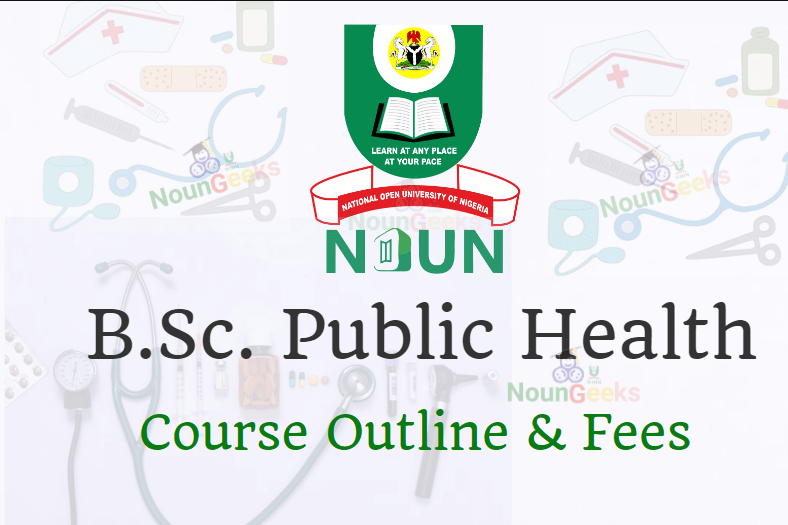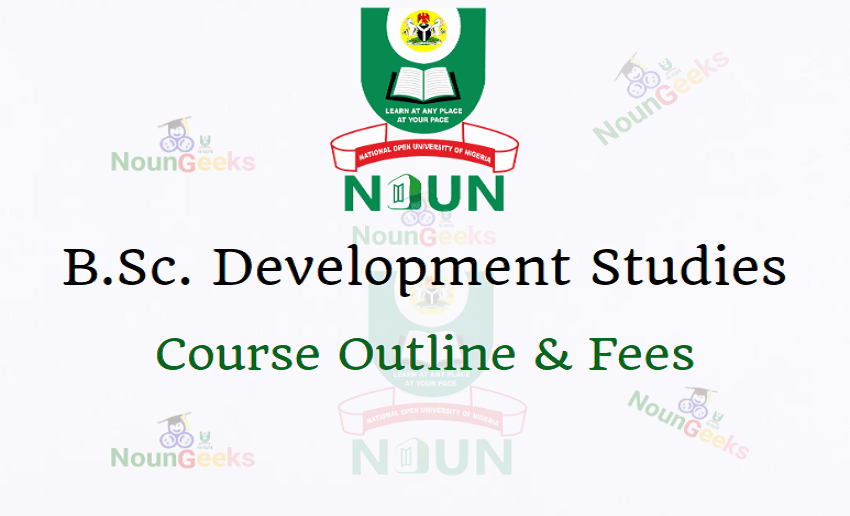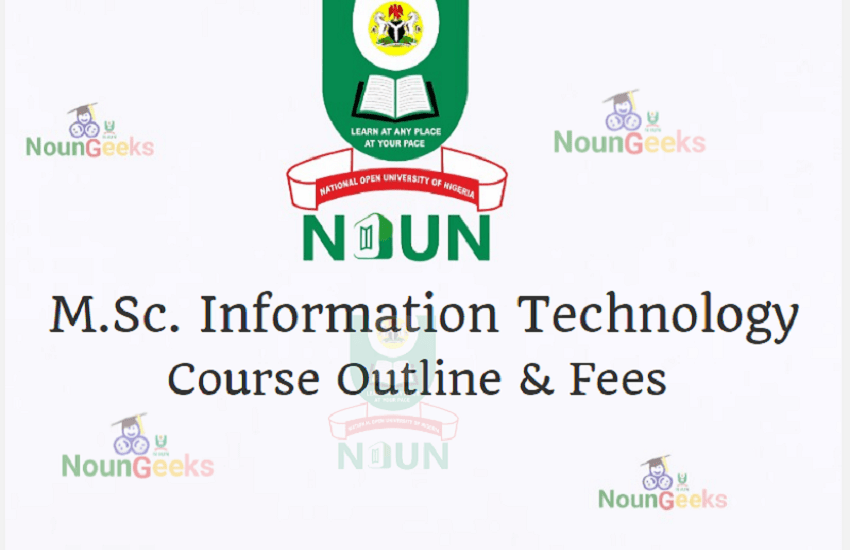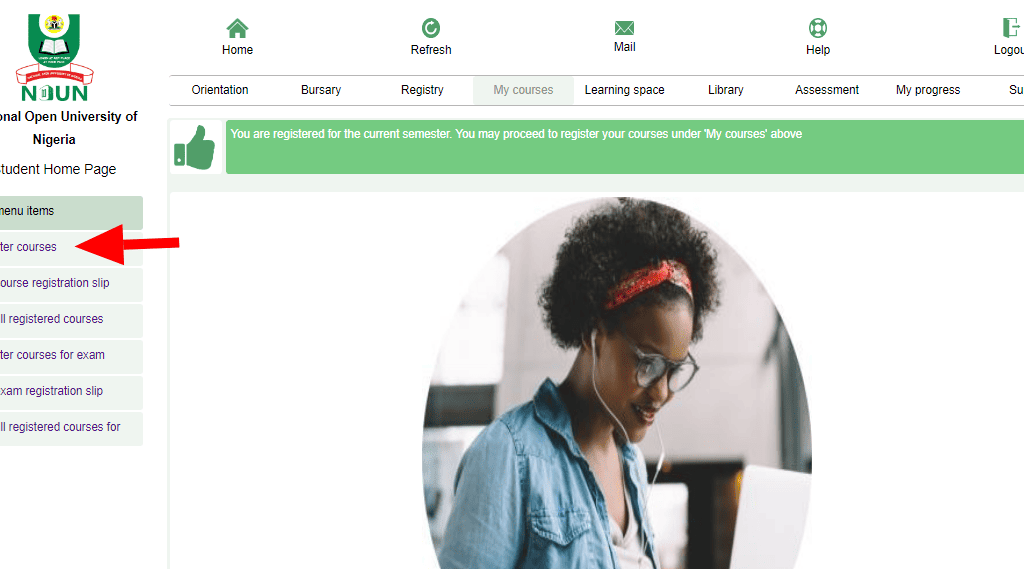

Revolutionizing Online Learning: The Impact of Artificial Intelligence
Introduction to Artificial Intelligence in Education
Artificial Intelligence (AI) refers to the simulation of human intelligence processes by machines, particularly computer systems. These processes include learning, reasoning, problem-solving, perception, and language comprehension. In recent years, AI has emerged as a pivotal element in various sectors, with education being one of the most impacted areas. The integration of AI in education is redefining how knowledge is imparted and acquired, particularly in online learning environments.
The relevance of AI in the educational landscape is underscored by its capacity to personalize learning experiences, making education more accessible and effective. By analyzing vast amounts of data generated by students, AI systems can tailor instructional materials to fit individual learning styles and pacing. This personalization leads to improved engagement and academic performance, addressing significant challenges in traditional learning modalities.
Moreover, AI empowers educators by providing them with sophisticated tools to manage and assess student performance. Intelligent tutoring systems, for example, can provide real-time feedback and support, enhancing the instructional process while allowing educators to focus on more complex teaching responsibilities. Leveraging AI technologies, institutions can create adaptive learning environments that address the diverse needs of learners, making education not only more efficient but also more inclusive.
As online learning continues to grow in popularity, the reliance on AI technologies is likely to increase significantly. From virtual assistants that help facilitate learning sessions to predictive analytics that inform instructional design, AI applications are becoming integral components of modern educational frameworks. This growing reliance signals a transformative shift towards a more innovative and tailored approach to education, paving the way for enhanced learning strategies that meet the demands of a digital age.
The Rise of Distance Education and AI
Distance education has seen significant growth, particularly during the COVID-19 pandemic, which necessitated a rapid transition from traditional classroom settings to remote learning environments. This shift underscored the importance of educational institutions adapting to the new reality, and many turned to artificial intelligence (AI) to enhance their distance learning offerings. The flexibility and accessibility provided by AI tools have enabled educators to meet the varying needs of students across diverse geographic locations.
Prominent online universities and platforms have successfully integrated AI into their distance education models, significantly improving the learning experience. For instance, platforms such as Coursera and edX leverage AI to personalize course recommendations based on students’ learning behaviors and preferences. This data-driven approach allows students to engage with content that is most relevant to their individual learning paths, increasing their chances of success.

Moreover, the implementation of AI-driven chatbots has become increasingly common in online education settings. These chatbots facilitate immediate communication, offering students timely assistance with queries related to course materials, deadlines, and technical support. Institutions like Arizona State University have adopted AI technologies to enhance their support services, ensuring that students feel connected and supported even in a virtual environment.
In addition to personalized learning and support, AI also plays a significant role in assessment and feedback mechanisms. Tools powered by AI can analyze student performance in real time, providing educators with valuable insights into areas where students may be struggling. This data allows for timely interventions, enabling instructors to offer personalized guidance that can help students stay on track in their academic journey.
Overall, the emergence of distance education, fueled by advanced AI technologies, has led to a more adaptable educational landscape. As institutions continue to innovate and integrate these tools, the future of online learning looks promising, offering unprecedented opportunities for students worldwide.
Adaptive Learning: Personalizing Education Through AI
Adaptive learning refers to a personalized approach to education enabled by artificial intelligence (AI) technologies, which tailor the learning experience to meet the unique needs of each student. Rather than a one-size-fits-all methodology, adaptive learning utilizes data-driven insights and real-time assessments to create individualized learning paths. By analyzing student behavior, learning styles, and performance, AI algorithms can adjust content presentation, difficulty level, and instructional strategies to enhance engagement and improve educational outcomes.
One of the primary advantages of adaptive learning is its ability to foster learner-centered environments. Traditional educational frameworks often fail to account for the diverse skills and knowledge gaps present in a classroom. In contrast, AI-powered systems quickly identify areas where a student may struggle and provide targeted resources or alternative explanations. This personalized feedback can lead to increased motivation, as learners receive support tailored explicitly to their needs. Moreover, adaptive learning enhances retention by allowing students to progress at their own pace and revisit challenging concepts more frequently.
Several platforms exemplify the power of adaptive learning through AI integration. For instance, systems like DreamBox Learning and Knewton employ sophisticated algorithms to track student interactions and adjust lesson plans accordingly. DreamBox Learning focuses on mathematics, analyzing how students approach problems and modifying the curriculum to fill gaps in understanding. Knewton, on the other hand, uses extensive data from users to deliver personalized recommendations across various subjects, ensuring that learners engage with content that resonates with their individual preferences and strengths.
Overall, adaptive learning represents a significant advancement in educational technology, ensuring that each student receives a customized educational experience that fosters growth and achievement. By blending AI with traditional learning methods, educational institutions can revolutionize the way students access knowledge and develop critical skills. This transformation ultimately cultivates a more inclusive and effective learning environment for all.
AI-Driven Student Analytics: Understanding Learners Better
In the realm of education, artificial intelligence (AI) is gaining traction for its transformative potential, particularly in the area of student analytics. This innovative approach revolves around the systematic collection and analysis of student performance data, allowing educators to gain a comprehensive understanding of individual learning patterns. AI tools play a crucial role in tracking metrics such as grades, attendance, and engagement levels, which can be pivotal in informing teaching strategies and enhancing academic performance.
AI-driven analytics provide educators with the ability to sift through vast amounts of data to discern trends and patterns within student learning experiences. For instance, by utilizing machine learning algorithms, educators can identify specific areas where students struggle, such as comprehension gaps in certain subjects or a lack of engagement during online modules. This level of insight enables instructors to tailor their approach, implementing personalized interventions that can significantly impact student outcomes.
Moreover, AI tools facilitate the assessment of engagement levels through monitoring interactions on educational platforms. Insights gleaned from these engagement metrics can alert educators to at-risk students who may need additional support. By deploying targeted resources and implementing customized learning plans, educators can ensure that each student receives the assistance they require, fostering an inclusive learning environment.
Beyond merely identifying weaknesses, AI analytics can also highlight strengths and effective learning strategies employed by students. This holistic understanding of a learner’s capabilities allows for the celebration of achievements and the reinforcement of successful practices. By leveraging AI-driven student analytics, educational institutions not only enhance their teaching strategies but also contribute to a more equitable educational landscape.
Implementing AI in Online Learning Platforms
The integration of artificial intelligence (AI) into online learning platforms has become a transformative trend, enabling a more personalized and effective educational experience. Leading universities and e-learning platforms are leveraging AI technologies to enhance learner engagement and optimize educational outcomes. This integration broadly encompasses several strategies, which focus not only on technological advancement but also on educational philosophies aimed at improving the learning process.

One of the primary strategies involves utilizing AI-driven learning analytics. These systems analyze student data to predict academic performance, identify learning gaps, and recommend personalized learning paths. For instance, platforms like Coursera and edX implement adaptive learning algorithms that customize course content based on individual learner behavior. By tailoring educational resources, these platforms ensure that learners receive the support they need, thus improving retention and success rates.
Additionally, chatbots powered by AI are being deployed to provide instant support and guidance to users. These interactive tools can handle inquiries, provide resource recommendations, and assist with administrative tasks, freeing up educators to focus on direct interactions with students. For example, Georgia Tech utilizes an AI teaching assistant that aids in answering frequently asked questions, enabling a more efficient learning environment.
Furthermore, the use of AI in assessment and feedback mechanisms is gaining traction. Intelligent assessment tools can automatically grade assignments, provide detailed feedback, and even detect plagiarism, allowing for a swift evaluation process. Platforms like Khan Academy employ such technologies to ensure that students receive timely feedback, which is critical for effective learning. By emphasizing both technological integration and pedagogical frameworks, educational institutions are setting the stage for a more responsive and enriched online learning landscape.
Challenges and Ethical Considerations of AI in Education
The integration of artificial intelligence (AI) in online learning presents several challenges and raises ethical considerations that must be thoroughly examined. One of the primary concerns is data privacy. Online educational platforms collect vast amounts of personal information from students, including academic performance, learning habits, and even biometric data. This collection poses significant risks, especially if data is mishandled or accessed by unauthorized individuals. Educational institutions and AI developers must ensure that they adhere to strict data protection regulations to safeguard student privacy while still leveraging data for personalized learning experiences.

Another critical issue is algorithmic bias, which may arise from the datasets used to train AI systems. If these datasets reflect societal biases, the resulting algorithms may inadvertently perpetuate stereotypes or provide unequal opportunities for students based on their backgrounds. For instance, if a learning platform’s algorithm favors certain demographics over others, it could disadvantage students from underrepresented groups. It is essential to develop transparent AI systems and regularly audit algorithms to ensure fairness and equity in educational practices.
Moreover, there is a concern regarding the potential over-reliance on technology, which could diminish the essential human interaction crucial for effective education. While AI can offer personalized learning paths and immediate feedback, it cannot fully replicate the emotional intelligence and mentorship provided by human educators. A reliance on AI tools might lead to a distanced educational experience where students lack meaningful engagement with instructors and peers. Thus, striking a balance between technological integration and maintaining the human elements of learning remains paramount for the future of education.
Addressing these challenges and ethical considerations is vital for successfully integrating AI into online learning environments. Careful thought and strategic approaches are necessary to cultivate an educational landscape that is both innovative and ethically responsible.
The Future of Online Learning: Trends and Predictions
The integration of artificial intelligence (AI) into online learning is expected to significantly reshape the educational landscape. As technology continues to evolve, several key trends are emerging that suggest how AI will transform distance education in the coming years. One prominent trend is the rise of adaptive learning, which leverages AI algorithms to tailor educational experiences to individual students’ needs. This approach allows for personalized learning pathways, enabling learners to progress at their own pace while receiving targeted support based on their performance and preferences.
Another important trend is the enhancement of analytics in online learning environments. AI-powered analytics will provide educational institutions with valuable insights into student engagement, progress, and performance. By analyzing vast amounts of data, AI can identify patterns and predict potential challenges that students may face. This proactive approach allows educators to intervene early and implement strategies that foster better learning outcomes, ultimately contributing to improved retention rates.
Furthermore, the development of intelligent tutoring systems is anticipated to become more prevalent. These systems utilize natural language processing and machine learning to simulate one-on-one tutoring experiences, offering students immediate feedback and clarification. Such advancements not only enhance student understanding but also facilitate a more interactive and engaging learning experience, which is crucial for maintaining motivation in online settings.
To prepare for these changes, educational institutions must invest in technology infrastructure and continuous professional development for educators. Embracing AI tools and methodologies will require a culture of innovation and adaptability within learning environments. Additionally, institutions should focus on collaborative efforts to share best practices and research to ensure that AI enhances learning without compromising quality or equity. As these trends evolve, the potential for AI to revolutionize online learning will undoubtedly grow, paving the way for a more efficient, personalized, and impactful educational experience.
Success Stories: AI in Action Across Leading Universities
Artificial Intelligence (AI) has increasingly established itself as a transformative force within the realm of online education. Many leading universities have recognized the potential of AI to enhance their educational offerings, completely revolutionizing the way they engage with students. One such example is Stanford University, where AI-driven platforms facilitate personalized learning experiences. Through adaptive learning technologies, the institution can automatically tailor course materials to fit individual student needs, thereby promoting better academic outcomes and engagement.
Another prominent example is the Massachusetts Institute of Technology (MIT), which has incorporated AI into its online courses through the use of intelligent tutoring systems. These systems analyze student interaction and performance in real-time, providing instant feedback and tailored resources to address learning gaps. This initiative has demonstrated a notable increase in course completion rates and overall student satisfaction, showcasing AI’s effectiveness in fostering a more supportive educational environment.
The University of Southern California (USC) also exemplifies the successful integration of AI in online learning. Here, AI chatbots are utilized to assist students with administrative tasks and queries regarding course materials. This innovation not only streamlines communication but also allows educators to focus on delivering high-quality instruction rather than administrative duties. As a result, USC has reported improved student engagement and higher retention rates, further evidencing AI’s positive impact on educational systems.
These examples illuminate the diverse applications of AI in higher education and its capacity to enhance both teaching and learning experiences. Top-tier universities are harnessing AI capabilities to create personalized, efficient, and engaging online learning environments, ultimately leading to improved educational outcomes. By continuously evolving in this direction, these institutions set a precedent for other educational establishments to follow, driving further innovation in online education and benefiting students on a global scale.
Conclusion: The Promise of AI in Education
In reviewing the significant developments in online learning, it has become apparent that artificial intelligence (AI) stands as a transformative force in the education sector. Through personalized learning experiences, AI facilitates tailored educational pathways that adapt to the unique needs and learning paces of individual students. This adaptability is crucial, as it allows learners to engage with material in ways that resonate with their personal preferences, ultimately enhancing their understanding and retention of information.
Moreover, the incorporation of AI-driven tools simplifies the educational process, enabling educators to allocate more time to direct interaction with students. Automated grading systems and intelligent tutoring applications facilitate a more efficient assessment process, freeing instructors to focus on fostering a supportive and engaging learning environment. This increased efficiency not only enhances teacher effectiveness but also enriches student experiences, paving the way for a more dynamic and interactive form of education.
The promise of AI in education also extends beyond the immediate benefits of personalization and efficiency. AI technologies are constantly evolving, bringing forth innovative solutions that can address systemic challenges within educational institutions. From early intervention strategies that identify at-risk students to tools that support educators in professional development, AI demonstrates its capability to drive meaningful change across the entire educational landscape.
Ultimately, the ongoing advancements in AI signal a new era in online learning that has the potential to democratize access to high-quality education. This ensures that learners from diverse backgrounds can benefit from tailored resources, fostering inclusivity and equal opportunities for success. As educational institutions continue to embrace these technologies, the foundation is laid for a future where all learners can thrive, marking a significant shift toward a more equitable educational system.




















Post Comment